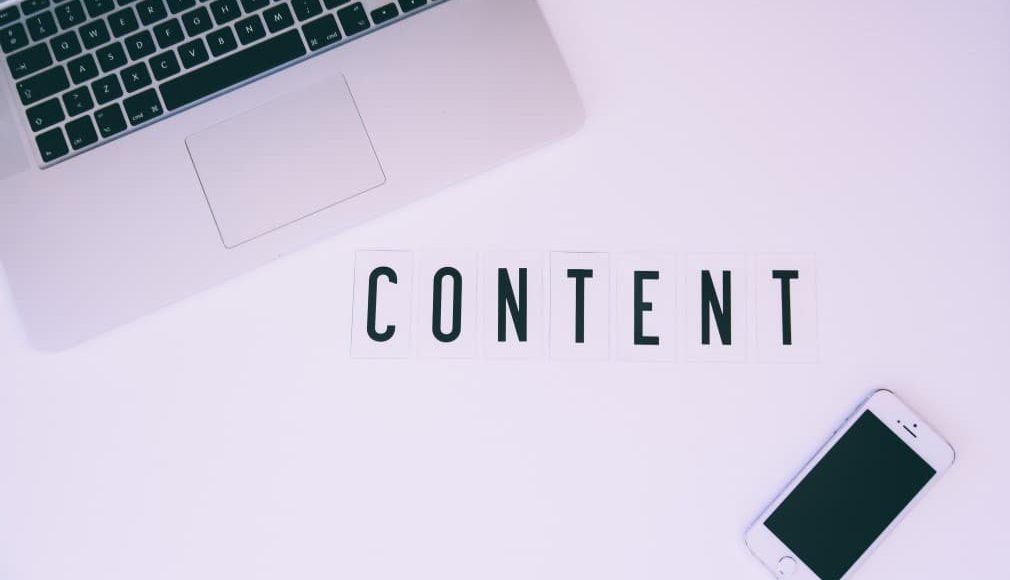SEO is the process of improving the organic rankings of a website. On-page and off-page are the two main categories of search engine optimization.
Implementing an effective political SEO campaign means one should focus on both on-page and of-page SEO factors.
On-page or on-site SEO is the practice of optimizing website content for both the search engines as well as the users. Some examples of on-site SEO are optimizing title tags, internal links, content, and the URLs of a site.
On-site SEO is completely under the control of the webmaster compared to off-page SEO. This article provides information on the best practices of on-page SEO.
Many people think that on-page SEO is all about cramming keywords into their web page’s HTML. But on-page SEO is a far more advanced process where the user and search engine both benefit from the process. On-page SEO needs to:
- Improve user experience
- Reduce the bounce rate
- Have search intent
- Improver click-through-rates
- Improve page loading speeds
When your website adheres to all these on-page factors, it will rank in the top positions of Google and the other search engines.
How To Optimize Your Website Content For SEO?
One of the most important best practices of on-page SEO is the process of optimizing your website content for search engines and users.
Make sure you use the main keyword at least once in the first 100 words of your article. It should be naturally incorporated into your content because Google puts more weight on terms that show up early in your content.
Also, don’t forget to wrap the blog post title in an H1 tag. Google has already stated that using H1 tags help their bots to understand the structure of your page.
Your main keyword should be included in at least one of the subheadings of the post. Subheadings should be wrapped in H2 tags to boost your on-page SEO.
Don’t forget to mention your main keyword a few times in your post to let Google know that your content is all about.
This doesn’t mean you should stuff the keyword in the post. Keyword stuffing doesn’t work anymore. In fact, it may prompt Google to penalize your page.
External links are important to help Google figure out your web page’s topic. Link to authority websites within your niche. The most important thing is to link to relevant sites so that Google understands your content.
The URL structure of your website is another important factor in on-page SEO. The URL should be short and at least one keyword should be included in it.
Title And Description Tags
The title and description tags of your site help with the rankings of the site. Your title tag is important because it gives the search engine an overview of your website. The main keyword should be closer to the beginning of the title tag. Using keyword-rich descriptions is also important to rank your site higher in Google and the other search engines.
A good meta description will help your site to stand out from the rest of the competition. It will also boost your organic click-through-rates. Use the main keyword at least once in your meta description.
Unique Content

Unique content is important to rank your site on the first page of Google and the other search engines. Your content should be new and fresh. Don’t just regurgitate the same stuff that is already out there. Your content should be quite valuable for it to stand out and get noticed.
Remember, there are over 4-million blog posts that come out every single day. Your content needs to compete with all this content. There isn’t a better way to outrank these pages than providing high-quality and unique content to your readers.
Add relevant images, videos, screenshots, and infographics to make your content unique. Strong copywriting skills will help make your content more engaging. Content from expert authors will help rank your site on the first page of Google and the other search engines.
On-page search engine optimization plays an important part in ranking your website on the first page of Google, Yahoo, Bing, and the other search engines. The above article provides information on the best practices of on-page SEO.



